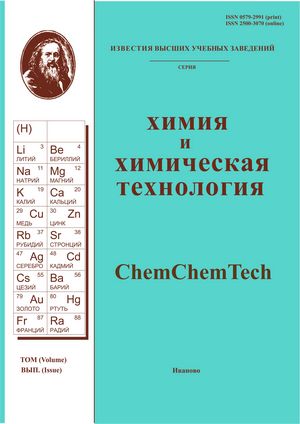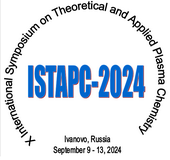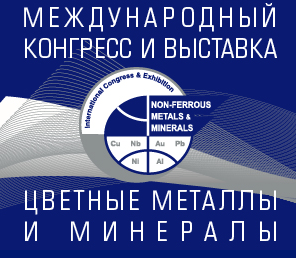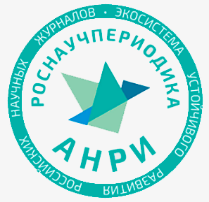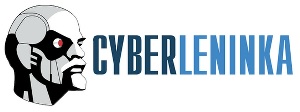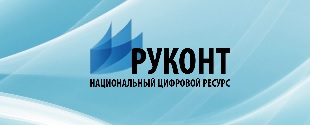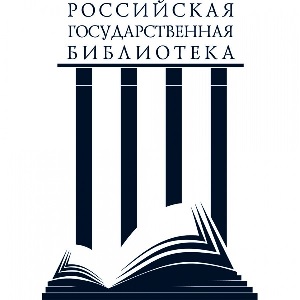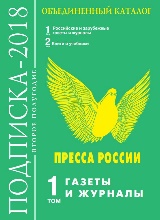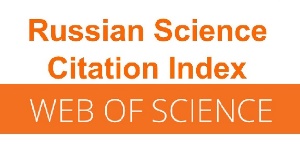ИССЛЕДОВАНИЕ СОСТАВА ПРОТИВОИЗНОСНЫХ ПРИСАДОК К ТОПЛИВАМ ДЛЯ РЕАКТИВНЫХ ДВИГАТЕЛЕЙ
Аннотация
В рамках государственной программы импортозамещения для разработки отечественной противоизносной присадки к топливам для реактивных двигателей на первом этапе были проанализированы физико-химические характеристики допущенных к применению зарубежных противоизносных присадок ДНК, HITEC 580 и Unicor J. В ходе этого анализа выявлено, что при производстве присадок HITEC 580 и Unicor J для улучшения их потребительских свойств (низкотемпературных характеристик) используют растворители. На втором этапе исследования методом хромато-масс-спектрометрии изучен и исследован состав применяемых в настоящее время присадок HITEC 580 и Unicor J. Показано, что в их составе используется один и тот же активный компонент – димеры ненасыщенных жирных кислот С18, а именно смесь димеров линоленовой, линолевой и олеиновой кислот, среди которых преобладает димер образованный из линолевой и олеиновой кислот. В ходе анализа используемых в составе присадок растворителей показано, что при производстве присадки Unicor J используют ароматический растворитель, содержащий 92% моноароматических соединений, преимущественно ряда С10, что, вероятно, является продуктом риформинга бензинов, а присадки HITEC 580 – алифатический растворитель, содержащий преимущественно н-алканы (41%). Из представленных результатов исследования следует, что при разработке рецептуры отечественной противоизносной присадки в качестве активного компонента необходимо выбирать соединения, содержащие 1 или 2 карбоксильные группы, а в качестве растворителя либо ароматический, либо алифатический, в зависимости от стоимости и наличия на отечественном рынке.
. . . . . . . . . . . . . . . . . . . . . . . . . . . . . . . . . . . . . . . . . . .
Литература
Danilov A.M. The use of additives in fuels. M.: Mir. 2005. 288 p. (in Russian).
Vishnyakova T.P., Golubeva I.A., Krylov I.F., Lykov O.P. Stabilizers and modifiers of petroleum distillate fuels. M.: Khimiya. 1990. 192 p. (in Russian).
Danilov A.M. Development of research in the field of fuel additives. Neftekhimiya. 2015. V. 55. N 3. P. 179-190 (in Russian). DOI: 10.7868/S0028242115030028.
Sannikov V.Yu., Kovba L.V., Popleteev S.I., Shtonda N.V., Kondukova N.P., Savelyeva L.V., Melnikova I.S. Study of the possibility of using Unicor J additives in the Russian Federation to improve the antiwear properties of fuels for jet engines. Nauch. Vestn. GosNII GA. 2017. N 18. P. 72-83 (in Russian).
Danilov A.M., Ovchinnikov K.A., Bartko R.V. Tasks and practical results of import substitution in the field of additives to fuels and lubricating oils. Ekspozitsiya Neft Gaz. 2017. N 1 (54). P. 17-19 (in Russian).
Danilov A.M., Salakhov I.I., Safiullin A.M., Abbasov M.M., Bezgina A.M. Development and implementation of anti-wear additives based on fatty acids from alternative plant materials. Mir Nefteproduktov. 2018. N 5. P. 44-45 (in Russian).
Goryunova A.K., Shatalov K.V., Likhterova N.M., Kozinova L.N. The effect of vegetable fatty acids on the physicochemical characteristics and performance properties of jet fuel. Neftepererabotka Neftekhim. 2017. N 8. P. 45-49 (in Russian).
Deineko P.S., Vasilieva E.N., Popova O.V., Bashkatova S.T. Naphthenic acids as anti-wear additives for jet fuels. Khim. Tekhnol. Topliv Masel. 1994. N 9-10. P. 6-8 (in Russian).
Ivanova L.V., Koshelev V.N., Sokova N.A., Burov E.A., Exampleova O.V. Petroleum acids and their derivatives. Receiving and application. Trudy RGU Nefti Gaza im. I.M. Gubkina. 2013. N 1. P. 68-80 (in Russian).
Larkin C. Quantification of corrosion inhibitor/lubricity improver in military fuels using infrared spectroscopy. Technical Report. Department of chemistry and Environmental Science Lake Superior State University. Sault Ste. Marie, MI Spring. 2013. 28 p. [Electronic resource]. https://pdfs.semanticscholar.org/e775/83bc1d51be5f2ff5e2263 a7484f1263a5
d2.pdf?_ga=2.138763827.1230923793.1593951928-204898063.1582021415 (date of the application 11.06.2020).
Hardy D.R., Black B.H., Wechter M.A. Quantitative determination of corrosion inhibitors in middle distillate jet fuels by gel permeation chromatography. J. Chroma-togr. A. 1986. V. 366. P. 351-361. DOI: 10.1016/S0021-9673(01)93483-1.
Material Safety Data Sheet: Unicor J [Electronic resource]. http://www.chemcas.com/msds/cas/3014/61788-89-4_64742-94-5_109-60-4.asp. (date of the application 11.05.2018).
Johnson D.W., Flake M., Adams R. Determination of corrosion Inhibitor Lubricity Improver in Jet Fuels by Liquid Chromatography-Electrospray Ionization Mass Spectrometry. LC-GC. Special Issues. 2014. V. 12 (3). P. 26-32.
Smith V.A., Dilman A.D. Fundamentals of modern organic synthesis. M.: BINOM. Laboratoriya znaniy. 2009. 750 p. (in Russian).
Breuer T.E. Dimer Acids. Van Nostrand's Encyclopedia of Chemistry. New York. 2005. P. 1-5. DOI: 10.1002/ 0471740039.vec0827.
Popova L.M., Kurzin A.V., Vershilov S.V., Evdokimov A.N. Chemistry and technology of organic substances based on by-products of pulp and paper industry. SPb.: VSHTE SPb GUPTD. 2016. 61 p. (in Russian).
Chin H.F., Nekrasova V.B., Tsarev G.I., Roshchin V.I. Catalytic dimerization of linoleic acid. Izv. SPb. Lesotekh. Acad. 2012. N 199. P. 226-234 (in Russian).
Chin H.F., Tsarev G.I., Roshchin V.I. Catalytic dimeri-zation of fatty acids. Khimiya Rast. Syr'ya. 2012. N 2. P. 195-197 (in Russian).
Chin H.F., Tsarev G.I., Roshchin V.I. Modification of tall hardwood oil. Izv. vuzov. Lesnoy Zhurn. 2014. N 2 (338). P. 123-129 (in Russian).
Sharin E.A., Oschenko A.P., Burmistrov O.A., Sereda V.A., Kolobkov B.I. Anti-wear additives for jet fuel. De-lovoy Zhurn. NEFTEGAZ.RU. 2017. N 4. P. 71-75 (in Russian).

